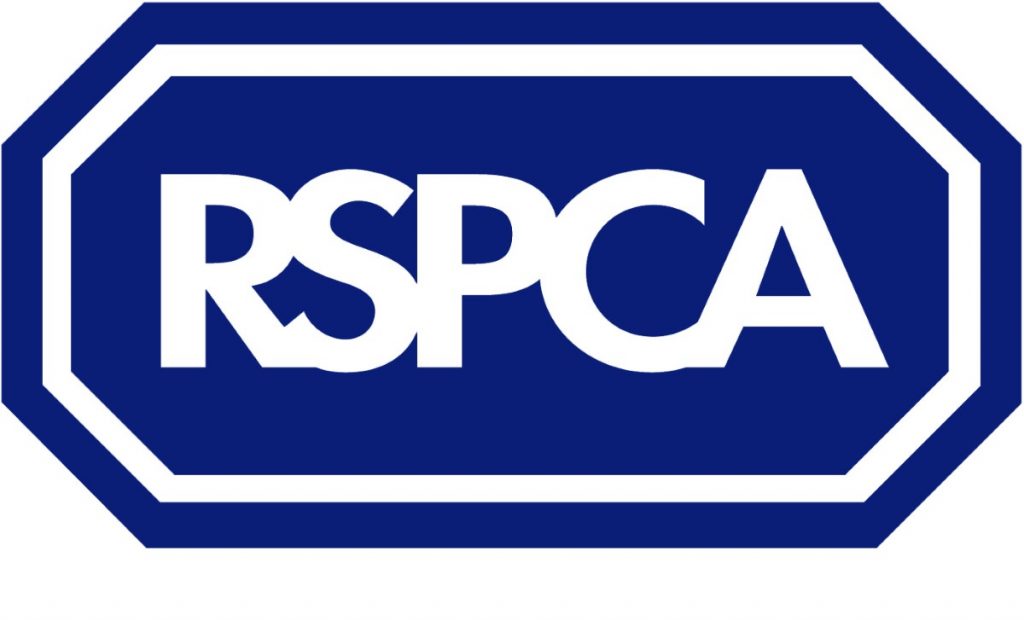RSPCA: First of the oiled birds released back to the sea
The rarest of the oiled birds rescued and cared for by the RSPCA was the first to be released back to the sea yesterday (Tuesday 23 April 2013).
An arctic skua was rescued from Exmouth beach after he got covered in a gluey substance called polyisobutene or PIB, which renders seabirds helpless, restricting their mobility and preventing them from feeding as the chemical coats their plumage.
He was one of more than 200 birds taken to the RSPCA’s West Hatch wildlife centre in Taunton, Somerset for rehabilitation and care and recovered so quickly that he was deemed fit enough to be returned to the wild, at West Bay in Dorset.
Dave McDonald, who volunteers at the West Hatch to help in emergencies such as this one, was at the release. He said: “He was raring to go – just couldn’t wait to spread his wings and get back out to where he belongs.
“As soon as we opened the box used to transport him he was away flying directly out to sea and we just lost sight of him. We all love seeing that – a proper happy ending.
“It’s unusual to see an arctic skua caught up in these spills and this was the only one. They are a bit more skittish than the other birds we have had in – mainly guillemots and razorbills – so even more important for their survival than usual to get them back to the wild quickly.”
It is estimated that more than 1,000 birds were washed up along the along the south coastline covered in PIB since 9 April. RSPCA inspectors rescued as many of the birds as they could, but sadly many more were found on the beaches already dead.
Centre manager Peter Venn said: “This is a great early result after another two weeks of seeing so many badly affected birds come through our doors.”
It was the second time in just two months that a spill of the lethal substance had caused such a major problem and the RSPCA has joined the RSPB and the Wildlife Trusts in calling for the ban on the discharge of PIB at sea.
The three organisations wrote to the Government urging it lead an international reclassification of the man-made substance which is used in the manufacture of a range of products including lubricants to football bladders, chewing gum to cling film.
Notes to editors
The arctic skua made such a rapid escape back to the wild that no images are available, but we do have an image of him being washed at West Hatch – to be credited to Steve Trewhella.





-01.png)